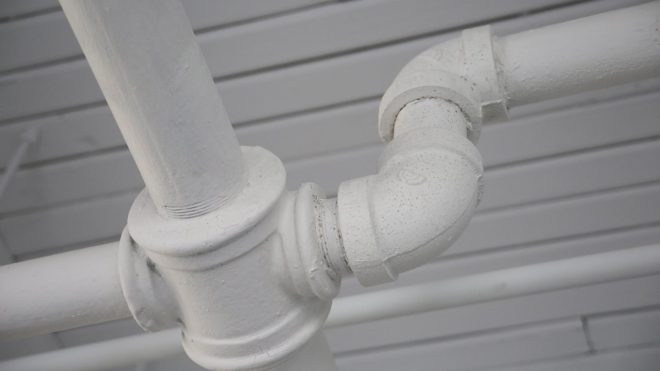A septic system is a crucial component of any household that is not connected to a public sewer system. It is responsible for treating and disposing of all the wastewater produced by a home. This includes water from toilets, showers, sinks, and laundry machines.
Many homeowners tend to overlook the importance of regular maintenance for their septic systems. However, neglecting this vital aspect can lead to costly and unpleasant consequences. In this post, we will discuss the importance of regular maintenance for your septic system and why it should not be ignored.
Understanding the Functioning of Your Septic System
A septic system works by collecting wastewater from your home and separating solid waste from liquids. The solids are then broken down by bacteria, while the liquid waste is released into a drain field for further treatment.
Over time, the solids can build up and cause blockages, leading to backups and potential damage to the system. Regular maintenance, including septic pumping, helps remove these solids and keeps your system running smoothly. Understanding how your septic system functions is essential in realizing the importance of regular maintenance for its proper functioning.
Potential Risks of Neglecting Regular Maintenance
Neglecting regular maintenance for your septic system can have several potential risks and consequences. One of the most significant risks is the possibility of backups and overflows, which can result in unpleasant odors and health hazards. Moreover, ignoring maintenance can lead to costly repairs or even complete system failures that may require replacement.
A poorly maintained septic system can also harm the environment by contaminating groundwater and nearby bodies of water. Therefore, prioritize regular maintenance for your septic system to avoid these potential risks and consequences.
Frequency and Guidelines for Septic System Maintenance
The frequency of septic system maintenance depends on factors like household size, water usage, and system condition. Generally, it’s recommended to pump the septic tank every 3-5 years.
If you notice slow drains, foul odours, or lush green patches near the drain field, schedule maintenance immediately. Proper use and care, like avoiding non-biodegradable items and conserving water, can extend the system’s lifespan and reduce maintenance needs. Regular professional inspections can catch potential issues early and prevent larger problems.
Signs Indicating a Need for Maintenance or Repair
Several signs indicate a need for maintenance or repair of your septic system. These include slow-draining sinks and toilets, gurgling noises from pipes, and sewage backups in your home. Foul odors near the drain field or lush green patches above it can also be warning signs. If you notice any of these issues, do not ignore them as they could escalate into more severe problems. Address them promptly and schedule professional maintenance or repairs as needed. Regularly monitoring your septic system can help catch these signs early and prevent further damage.
Regular maintenance is important for the proper functioning and longevity of your septic system. Neglecting this aspect can lead to costly repairs, health hazards, and harm to the environment. By understanding how your septic system works and following recommended guidelines for maintenance, you can prevent these risks and consequences. Keep an eye out for warning signs that indicate a need for maintenance or repairs and address them promptly. With regular professional inspections and proper care, you can ensure that your septic system continues to operate efficiently for years to come.


